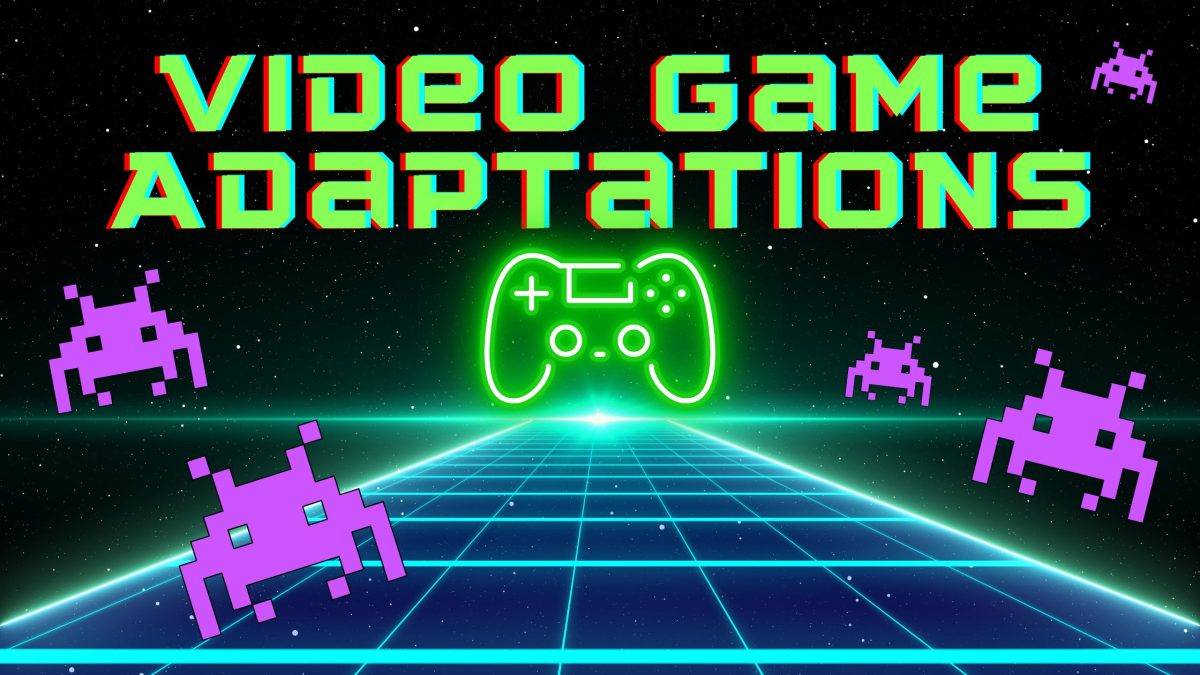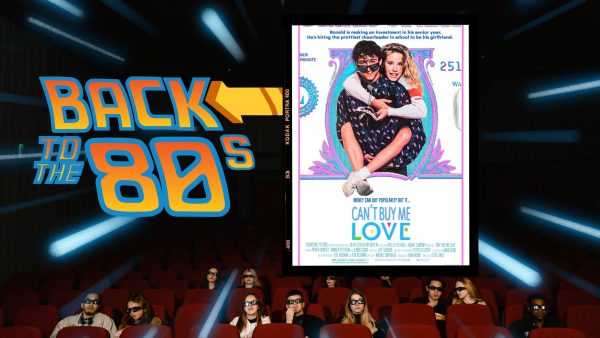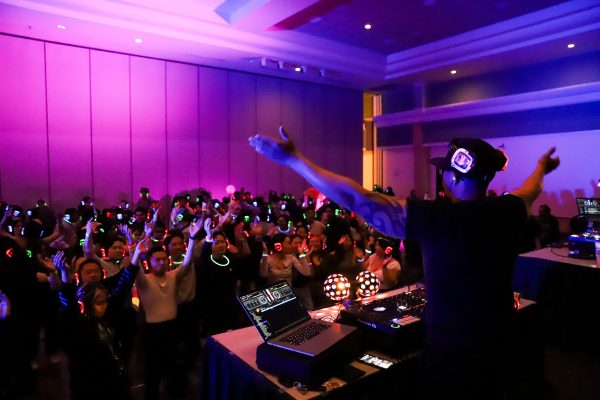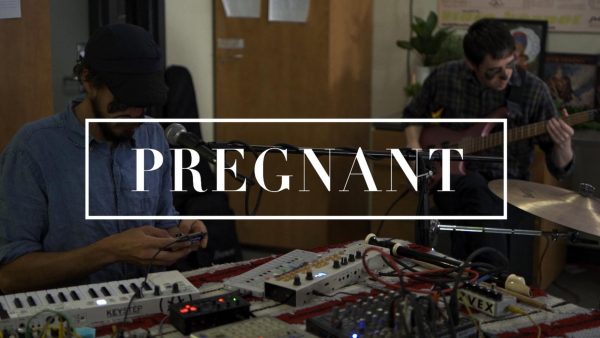Ports a problem for PC
October 3, 2012
It can be incredibly frustrating when a game crashes, or the player struggles against its controls simply because the game was poorly converted from its console version.
The vast majority of video games for the PC are converted in that way. Porting games saves a tremendous amount of time and money for the developer, seeing as it doesn’t need to rewrite the game’s code, yet a lot of developers risk alienating a significant portion of their consumer base through shoddy ports of their games.
For example, “Dark Souls”, developed by From Software and published by Namco Bandai, was released for the PC Aug. 24, over 10 months after the versions for the Xbox 360 and PlayStation 3 were released.
The port to PC was not in development the entire time, however; due to a petition sent to From Software, the port was officially confirmed by Eurogamer.net April 11. That gave the developers at least four months to make the conversion, though possibly significantly longer since it was likely in development before the announcement.
That development time leaves absolutely no excuse as to why the “Dark Souls” port is as terrible as it is. The performance issues which were somewhat prevalent in the console versions, such as an erratic frame-rate, are even more pronounced in the PC version.
In fact, according to The Escapist, a user on the forum NeoGAF, Durante, developed his own modification, or mod, to enable the game to play at resolutions higher than 1024×720 and at more than 30 frames per second, among fixing other various bugs.
Those features should have been released in the game to begin with. The fact that someone was forced to make his or her own mod to fix issues that should have already been fixed raises some serious questions about the effort developers put toward porting their games. Video games have been around for decades, yet developers like From Software have yet to fully grasp how to port well.
Of course, most PC ports are not nearly as poorly made as “Dark Souls,” but they do often have serious problems. Take Gearbox’s “Borderlands” for example. While it can be played at high-definition resolutions as well as over 60 frames per second, the ideal speed, it still has significant technical and gameplay problems. The default controls for the keyboard are extremely uncomfortable, and the textures on the environment visibly pop into existence.
Ideally, a video game needs to be able to completely absorb the player, yet such heinous weaknesses in the code kick the player back into the real world, thus ruining that person’s experience with the game.
Well-made PC ports are not impossible–in fact, they’re not even uncommon. Bethesda’s open-world fantasy game, “The Elder Scrolls V: Skyrim” is a good example. While the game does have bugs, such as occasionally making the player’s horse do the moonwalk, very few of those bugs are unique to either the console or PC version. When there were game-crippling bugs, Bethesda released patches to fix them as soon as they were discovered. While not perfect, Bethesda’s port accurately duplicated the console version.
The best example of excellent porting between consoles and PCs is Valve’s puzzle game, “Portal 2”. The game plays extremely well, regardless of the platform it may be on. It smoothly scales to high resolutions and there are very few frame rate fluctuations, even though the software engine the game runs on, Source, is more than 8 years old. If Valve can successfully port a game that runs on such an old engine, then it seems hard to justify why other developers fail to do the same with far newer engines.
As for fixing this problem of bad ports, there does not seem to be a straightforward answer. Both “Skyrim” and “Portal 2” took three and four years, respectively, to be developed, yet both games do a good job of being accessible across all major platforms. Because it is unclear how long “Borderlands” or “Dark Souls” were in development for, it is difficult to make a direct comparison between all four games. The same problem arises when comparing each game’s development budget.
If the fix doesn’t lie in the amount of time or money a developer has, then it must be in how the money is allocated to those responsible for the ports based on how high of a priority ports are for that game. Placing ports too low on that priority list will just alienate the portion of the developer’s consumer base that uses the platform in question, usually the PC. If the porting departments were actually given the money they needed, bad ports like “Dark Souls” would not continue to be made.
Nick can be reached at: [email protected]









































































































































